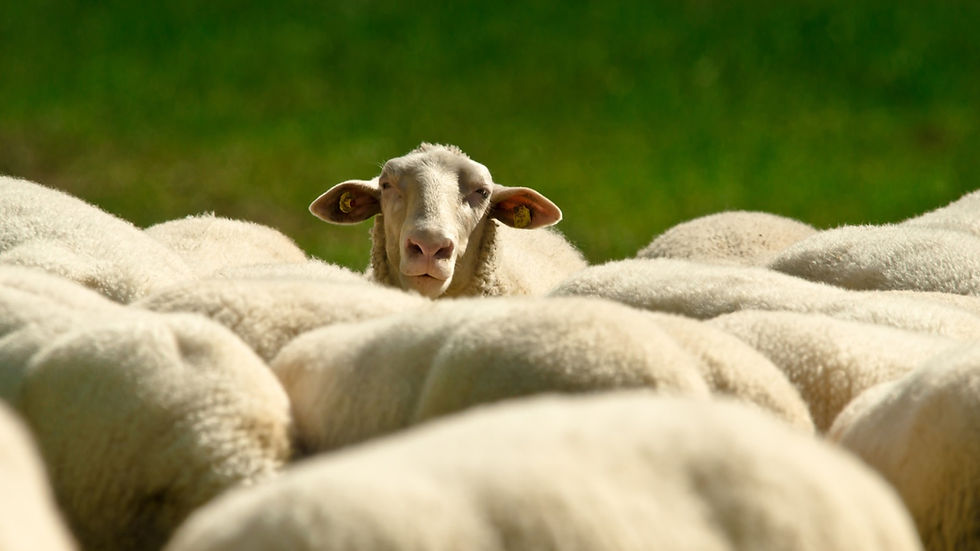Results of survey suggest most Australian farmers untroubled by clean energy infrastructure builds
- Ellis Gelios
- Apr 17, 2024
- 2 min read
The issue of wind turbines and transmission lines being built in areas directly impacting landowners is a conversation that has evolved fiercely since this time last year.

Fierce advocates who are in favour of the eradication of clean energy infrastructure in regional and remote Australian areas such as Glenden Watts, a farmer from central Victoria, have appeared on Flow airing their various grievances with the new direction.
However, the results of a recent survey done by the CSIRO indicate that at worst, most Australians are untroubled by clean energy infrastructure builds.
The findings show '83 per cent approve of, tolerate, or are ok with or embrace renewable energy generation' and 'some 77 per cent would live near transmission lines'.
CEO of Farmers for Climate Action Natalie Collard appeared on the Country Viewpoint program to discuss her delight at the recent survey findings.
"82% of Australians of this really large survey are really comfortable to live near renewable energy generation, it's not a surprise to us because most of it right now is posted on farms and that's not just farms of our members, that's farmers across Australia," Collard said.
"There's some real advantages for farmers with renewables, because at the moment, some of the things we know these days, farmers are being offered $49,000 per turbine per year by wind companies, while still being able to run their sheep and cattle without a problem.
"Of course, as you know, you can quite easily allow sheep to graze under the panels and we're finding it even advantages the quality of the wool and the happiness of the sheep."
Collard emphasised the need for farmers to prioritise a multi-focus approach on their farming practices in 2024.
"As we're in an era with climate variability, it's really important that farmers can lock in drought-proof incomes and they can also play their role in the energy shifts, it's interesting to us that some of the drivers for supporting renewables are increased affordability of electricity," Collard said.
Everyone understands that it (affordable electricity) does drive prices down, living in regional Australia, of course, it's reliability of energy that is really important too, so that's something we're really focused on, as well as, of course, reducing pollution."
Collard acknowledged that many farmers are most concerned by their finances during Australia's cost-of-living crisis and extended period of rising input costs, but said farmers recognise the need to undertake climate action.
"Every Australian is experiencing some impact from the cost-of-living crisis that we're in today and every Australian understands that fossil fuels are finite and we need alternative solutions and the answer comes together, whether you're driven by cost of living and affordability concerns or a commitment to climate action," Collard said.
"We've got members that are driven by many of these things and that's reasonable, it really is a clear message we're getting regardless of what's driving people towards it."
Collard also told listeners renewable energy is not without its flaws.
"There are some issues with renewables that we're not shying away from, we really have an active membership, so we speak to hundreds of farmers every month and one thing we do know is that it's more important than ever, knowing the majority of Australians are really keen for this shift to renewables to happen quickly."



Comments